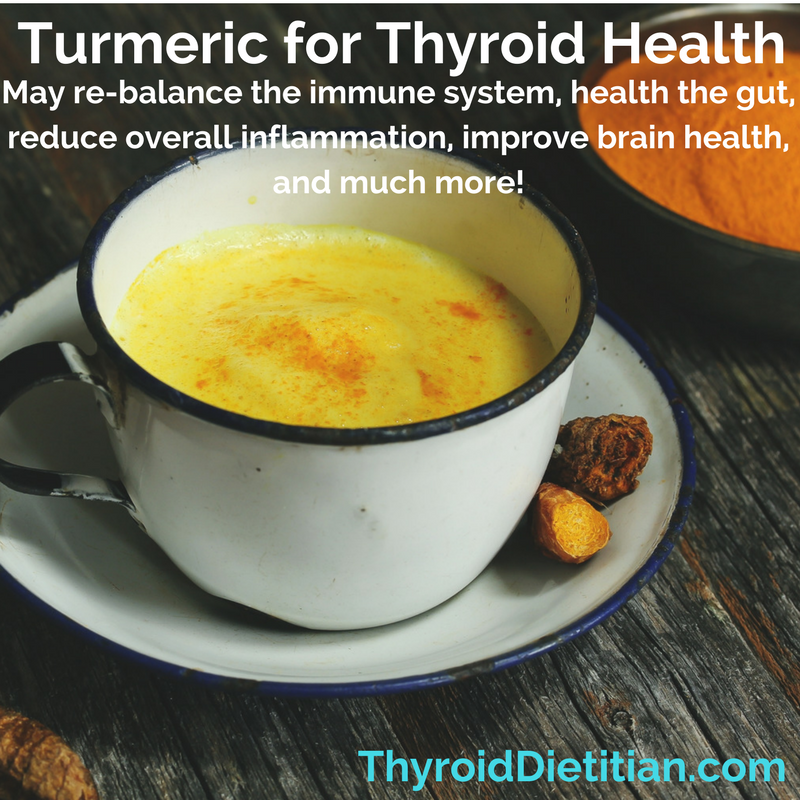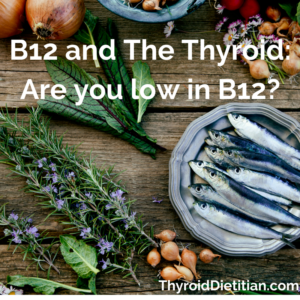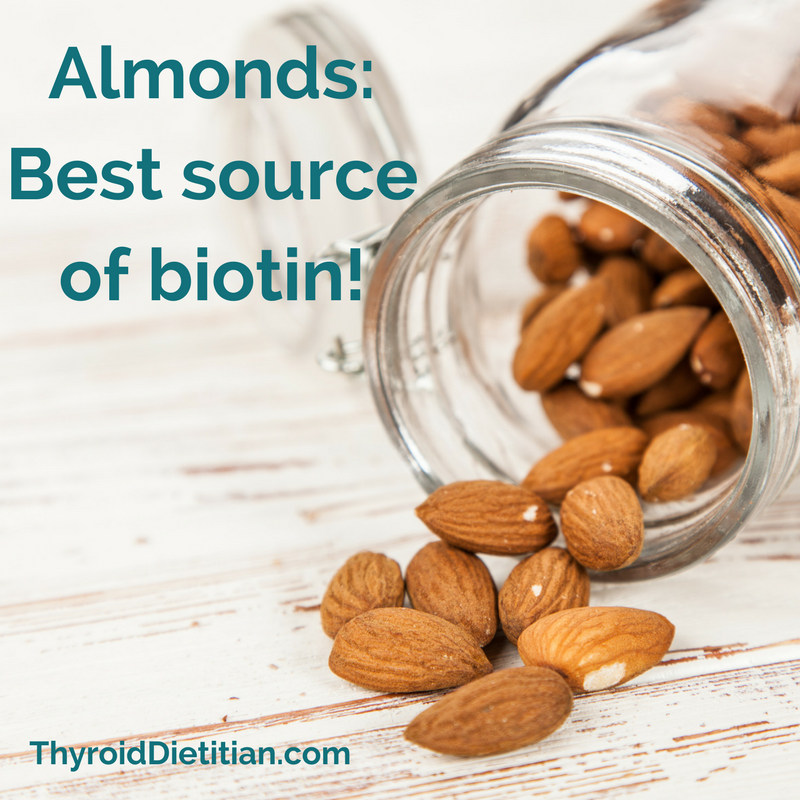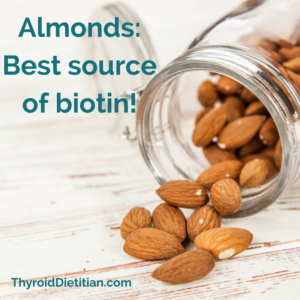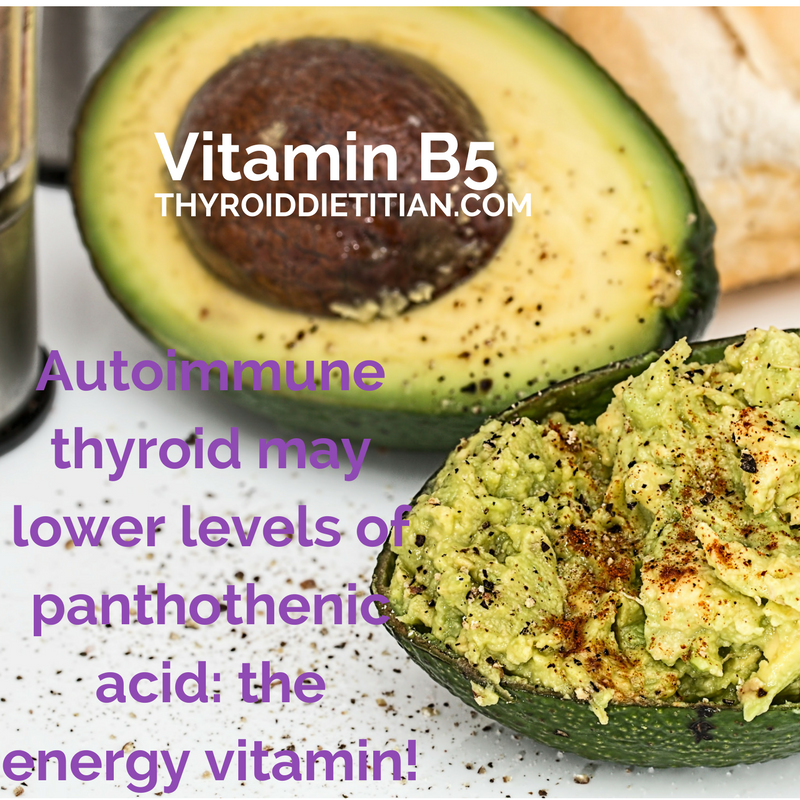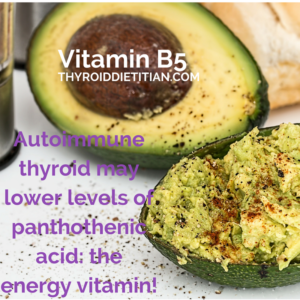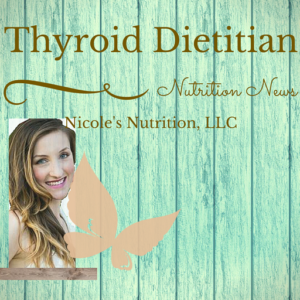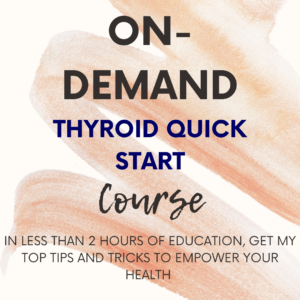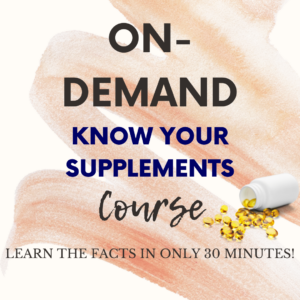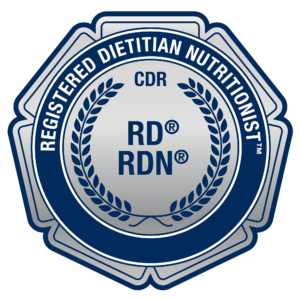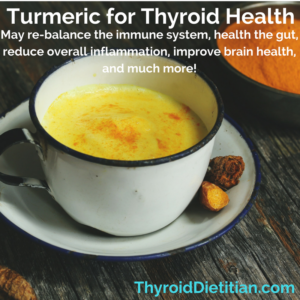 I have recently begun taking turmeric more consistently in the morning (an hour after taking my thyroid med), and it seems to be helping to reduce some of my usual symptoms! I have more energy, and feel less inflammed in general. I am so excited about my improvements, that I thought I would share with you what I know about turmeric so you can see if it is something you would like to look into for yourself.
I have recently begun taking turmeric more consistently in the morning (an hour after taking my thyroid med), and it seems to be helping to reduce some of my usual symptoms! I have more energy, and feel less inflammed in general. I am so excited about my improvements, that I thought I would share with you what I know about turmeric so you can see if it is something you would like to look into for yourself.
Always check with your doctor or healthcare professional before beginning a new supplementation regimen. This website is not a substitute for medical advice.
Th1 vs Th2 Dominance
First, do you know if you are Th1 or Th2 dominant? This is a topic for another post. But, here are a few questions I like to ask: Do you feel better drinking coffee or green tea? Do you have Hashimoto’s? Do you feel worse taking echinacea? Do you have low T3, but a pretty normal thyroid gland? Are you at a normal, average, or thin weight? Do you have food sensitivities (not allergies)? Do you have fatigue?
If you answered “yes” to most of those questions, you are more likely Th1 dominant (although I am not diagnosing anything, just shedding light on the topic).
I am pretty sure I am Th1 dominant because when I was pregnant, I felt relief from some of my autoimmune symptoms (common if Th1 dominant). And, those with Hashimoto’s are most likely Th1 dominant. I also have all the classic Th1 dominant “symptoms”. I realized that if I felt better when pregnant, why not try to balance my immune system better by either taking supplements or eating more foods that promote an increase in Th2 and a decrease in Th1 dominance. Reasearch tells us that turmeric helps balance out Th1 and Th2, and likely shifts a little more towards Th2.
You don’t want to overly increase the Th2 side because that could be inflammatory as well, but instead, balancing out both sides is key!
What the heck is Th1 and Th2?
Th1 and Th2 are the two classes of T helper cells of the immune cells. The Th1 cells are even more inflammatory and most commonly contribute to autoimmunity. Some of the Th2 cells are anti-inflammatory, but some are inflammatory especially if a person has a total body autoimmune condition like lupus. You can read even more HERE about the basics.
More about Turmeric
The active chemical in turmeric is curcumin which many of you have heard of. It has been used to treat various inflammatory conditions, and pain for years. Turmeric shows great promise for brain health, Alzheimer’s prevention, reduced cancer risks, improved heart health, and reduced autoimmune severity for some conditions. Turmeric is also extrememly helpful for improving intestinal health which is another bonus for those of us with autoimmune conditions.
There are tons of research studies out there. If you go to Google Scholar and search “turmeric and _____” for articles, you will find so much information! I can’t possible link to everything out there. Well… I could, but that may be tedious and you may find it boring.
I highly recommend reading Dr. Kharrazian’s book about thyroid symptoms as he explains the immune system and Th1 and Th2 wonderfully. This post I have written here is just the basics about thyroid and turmeric, but there is much more to say about the immune system, supplements, and turmeric for other conditions.
Turmeric Supplements
If you are considering supplementation, speak with your doctor first of course. I like to make sure I am taking a turmeric supplement that has curcumin in an absorbable form and in a high dosage. The Thorne brand makes one of my favorite turmeric supplements. You can also think about how you can incorporate more turmeric in cooking, and maybe even a turmeric tea!
